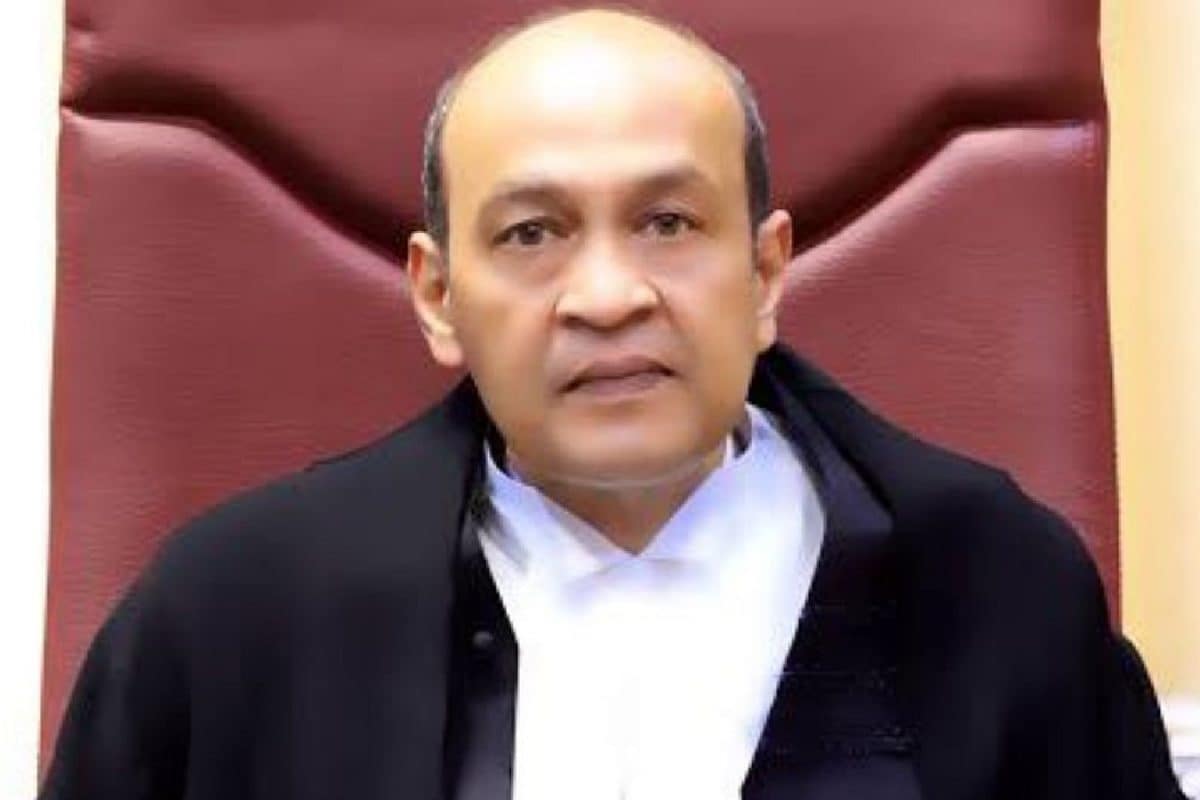

A probe panel has recommended the initiation of removal proceedings against Justice Yashwant Varma of the Allahabad High Court, concluding that misconduct has been proven. The recommendation stems from an investigation into the discovery of unaccounted cash at his official residence following a fire incident in March 2025.
The controversy began on March 14, 2025, when a fire broke out at Justice Varma's residence in Delhi. Firefighters responding to the scene allegedly discovered a substantial amount of burnt and partially burnt currency notes in the outhouse. This discovery led to immediate scrutiny and the formation of a three-member inquiry committee, appointed by then Chief Justice of India (CJI) Sanjiv Khanna, to investigate the matter.
The probe panel, consisting of senior judges, analyzed evidence, including forensic material, call records, and witness statements from over 50 individuals, including police and fire officials. Justice Varma was given the opportunity to appear before the committee and present his defense. The panel was tasked with determining the source of the money, how Justice Varma accounted for it, and who removed it from the premises after the fire.
The committee's report, submitted on May 3, 2025, concluded that there was sufficient evidence to support the allegations of misconduct against Justice Varma. The panel found that a significant amount of cash was indeed present at the residence and that Justice Varma had failed to provide a satisfactory explanation for its presence. According to the report, at least 10 witnesses acknowledged seeing burnt or half-burnt currency notes. The panel also addressed Justice Varma's conspiracy claims, stating that it would have been nearly impossible for an outsider to have entered the store room because it was kept locked and only accessible by Justice Varma and his family.
Following the report's submission, CJI Khanna advised Justice Varma to resign or take voluntary retirement to preserve the integrity of the judiciary. However, Justice Varma refused to step down, asserting that the inquiry process was "fundamentally unjust" and that he was not given a fair opportunity to address the allegations. In a letter to CJI Khanna, Justice Varma criticized the compressed timeline he was given to respond to the panel's findings.
Justice Varma's refusal to resign has set the stage for potential impeachment proceedings in Parliament. According to officials, resignation remains his only option to avoid a Parliamentary motion for removal, which, if passed, would strip him of pension and retirement benefits.
The situation has sparked debate about judicial accountability and the fairness of internal disciplinary mechanisms. Some legal experts have raised concerns about the lack of transparency in the proceedings and the limited opportunity given to Justice Varma to defend himself. Others argue that the seriousness of the allegations warrants strong action to maintain public trust in the judiciary.
The case has also highlighted the "resignation loophole" in judicial accountability, where judges can avoid full accountability by resigning before the completion of impeachment proceedings. This loophole has been criticized for allowing judges to retain retirement benefits even after facing serious allegations of misconduct.
As the matter moves forward, it remains to be seen whether Justice Varma will reconsider his position or whether Parliament will initiate impeachment proceedings. The outcome of this case is likely to have significant implications for judicial accountability and the mechanisms for addressing misconduct within the Indian judiciary.